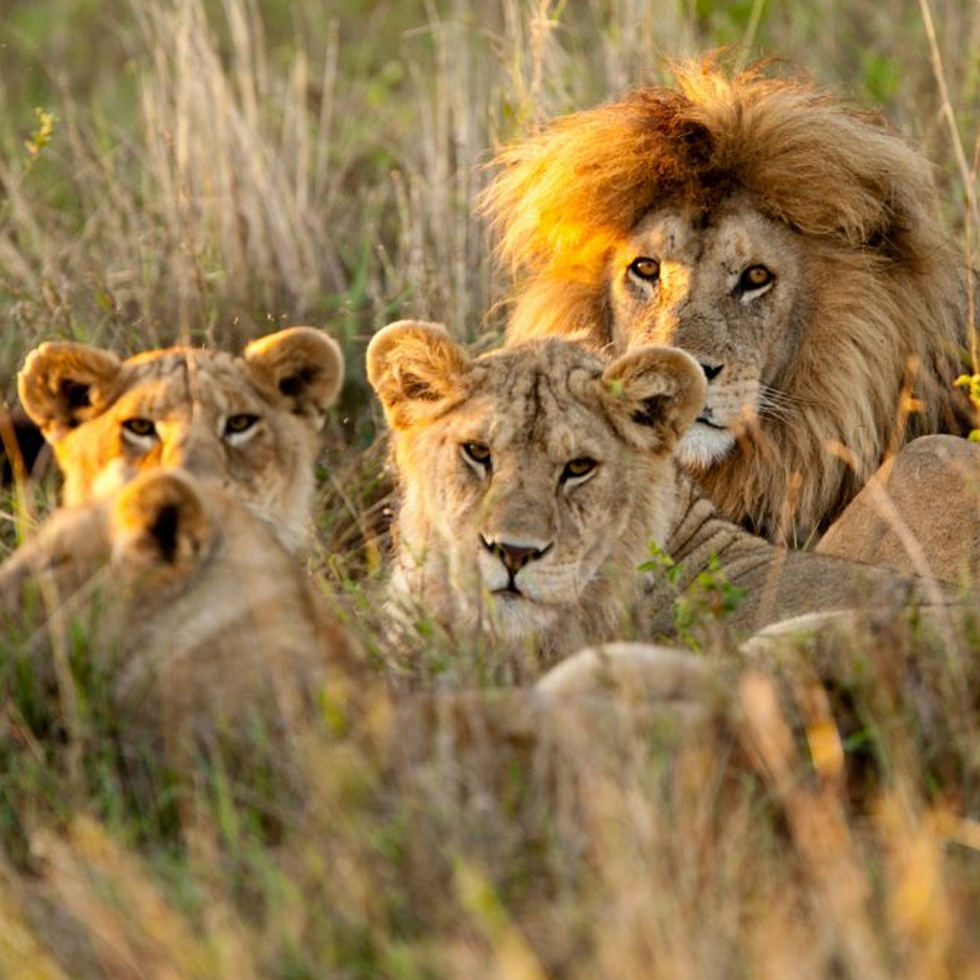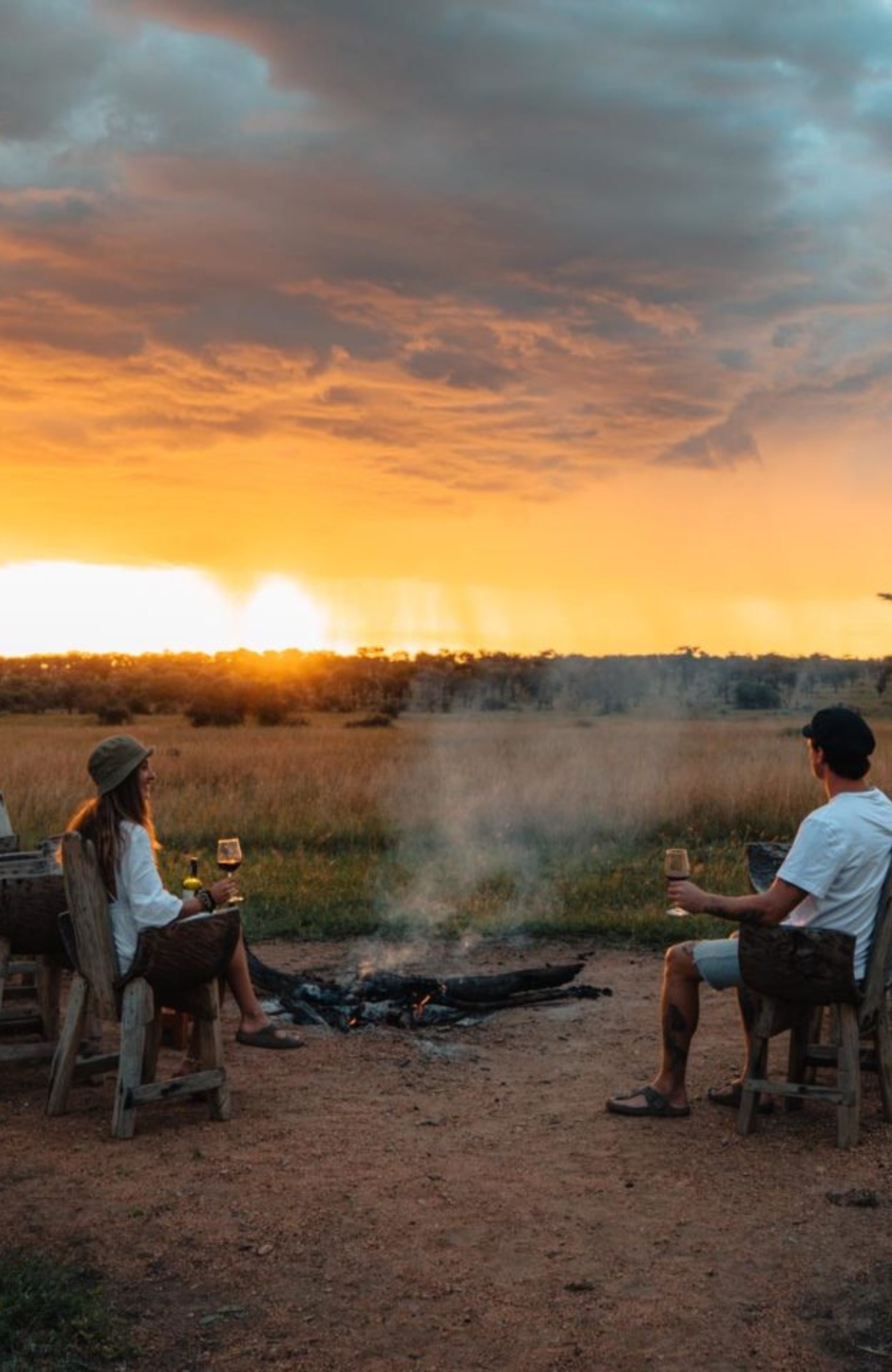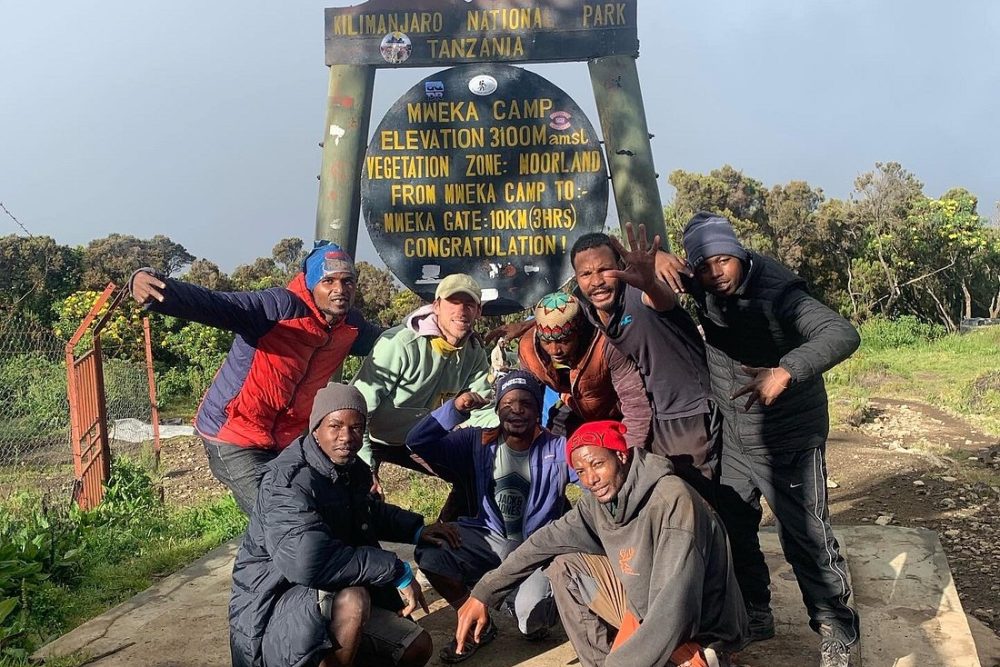Tanzania Safari Faq
Unravel the magic of Tanzania with our expert guidance and tailor-made experiences. Your safari adventure awaits!
More Information
The best time to visit Tanzania is during the dry season from July to October. This period offers excellent game viewing opportunities and coincides with the captivating wildebeest migration river crossings. However, Tanzania's diverse wildlife and landscapes make it a fantastic destination year-round.
Climbing Mount Kilimanjaro does not require technical skills, but the altitude poses a significant challenge. Proper preparation, acclimatization, and experienced guides are essential for a successful ascent. Your determination and our expert support will lead you to the summit of this iconic mountain.
Absolutely! Tanzania is a safe and family-friendly safari destination. Kids will be enthralled by the abundant wildlife and the chance to encounter the Big Five. We offer specially designed family safaris to cater to every member of your clan.
Yes, malaria is present in Tanzania, especially in certain regions. Taking necessary precautions, such as anti-malarial medication and mosquito repellents, is crucial to ensure a healthy and worry-free safari experience.
For Northern Circuit safari destinations like Serengeti National Park and Ngorongoro Crater, Kilimanjaro International Airport (JRO) in Arusha is the main gateway. For coastal destinations, fly into Julius Nyerere International Airport (DAR) in Dar es Salaam or Abeid Amani Karume International Airport (ZNZ) in Zanzibar.
Both Tanzania and Kenya offer exceptional safari experiences. Tanzania boasts iconic destinations like Mount Kilimanjaro and the Serengeti, while Kenya is renowned for its Maasai culture and vibrant wildlife. For a truly immersive adventure, consider combining both countries in one itinerary.
A mobile safari camp is a unique opportunity to follow the Great Migration and get up close to the action. These temporary camps offer comfortable tents, ensuite bathrooms, and gourmet dining while providing an authentic wilderness experience.
Tanzania offers diverse activities beyond safaris. Explore the historical sites, savor local cuisine, relax on beautiful beaches, or embark on a thrilling trek up Mount Kilimanjaro. The enchanting Zanzibar archipelago also beckons with its pristine shores and vibrant culture.
To fully immerse yourself in Tanzania's wildlife wonders, we recommend a safari lasting at least five nights. This duration allows ample time for game drives and exploring different national parks.
Our curated accommodations range from luxurious lodges to cozy tented camps, each offering a unique experience. Depending on your preferences and chosen destinations, we ensure a comfortable and unforgettable stay amidst Tanzania's natural beauty.
Yes, most visitors require a visa to enter Tanzania. It's essential to check the specific visa requirements based on your nationality and travel plans. Make sure to obtain your visa well in advance of your safari trip.
The Great Migration is one of nature's most spectacular events, where millions of wildebeest, zebras, and other herbivores migrate in search of fresh grazing and water. The migration typically occurs from June to October, and witnessing this awe-inspiring movement is a highlight of a Tanzania safari.
Tanzania is home to a diverse range of wildlife, including the famous Big Five (lion, elephant, buffalo, leopard, and rhinoceros), cheetahs, giraffes, zebras, hippos, and a wide variety of bird species. Each national park and conservation area offers unique sightings and experiences.
Yes, Tanzania's rich cultural heritage offers opportunities to interact with local tribes and learn about their traditions and way of life. Visiting Maasai villages or engaging in cultural tours can provide insights into the indigenous communities of Tanzania.
Pack light, comfortable clothing suitable for both warm days and cool evenings. Neutral colors are preferred for wildlife viewing. Don't forget essential items like sunscreen, a hat, insect repellent, sturdy walking shoes, and a good camera to capture the memories.
Absolutely! Our safari itineraries are fully customizable to suit your interests, preferences, and travel goals. Whether you want a private guided tour, specific accommodations, or unique activities, we can create a personalized itinerary just for you.
Tanzania is generally considered safe for solo travelers, especially when guided by reputable tour operators. Adhere to the advice of your guides and exercise common travel precautions to ensure a smooth and secure safari experience.
The official languages of Tanzania are Swahili and English. While English is widely spoken in tourist areas, learning a few basic Swahili phrases can enhance your interactions with locals and add to the cultural experience.
Tipping is a common practice in Tanzania, especially in the tourism industry. It's customary to tip safari guides, camp staff, and other service providers as a gesture of appreciation for their excellent service.
Choose tour operators and accommodations that prioritize responsible and sustainable practices, such as supporting local communities, minimizing environmental impact, and adhering to wildlife conservation guidelines.








